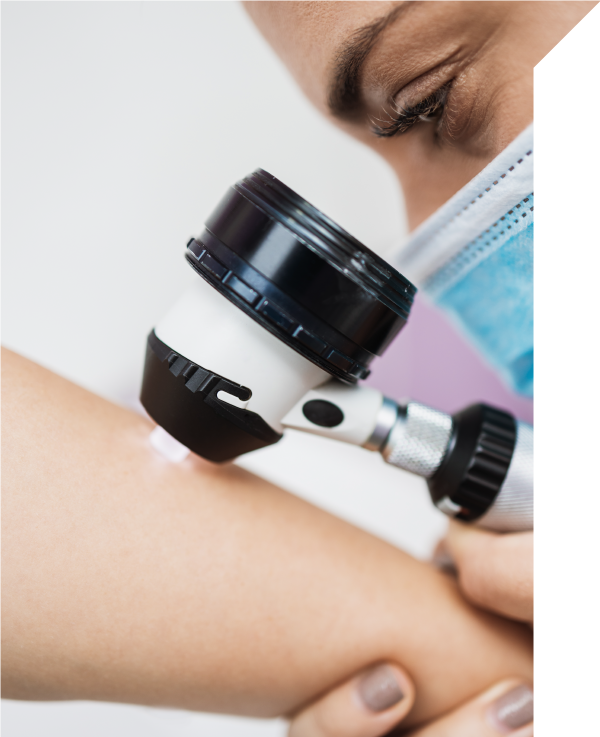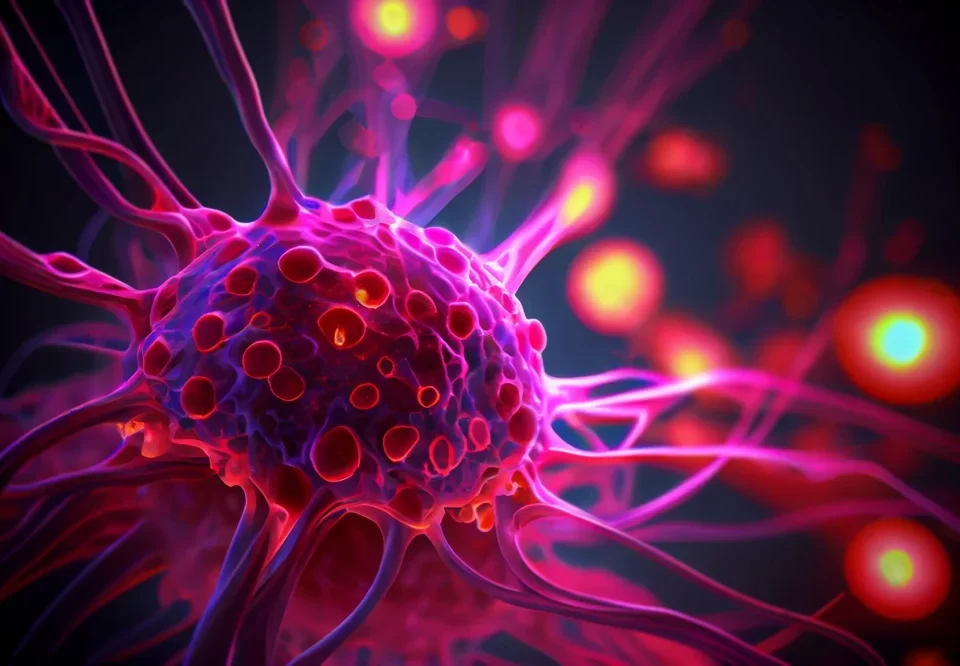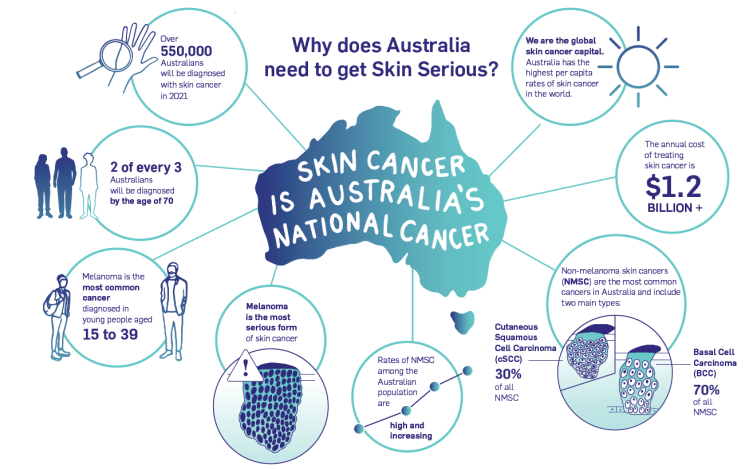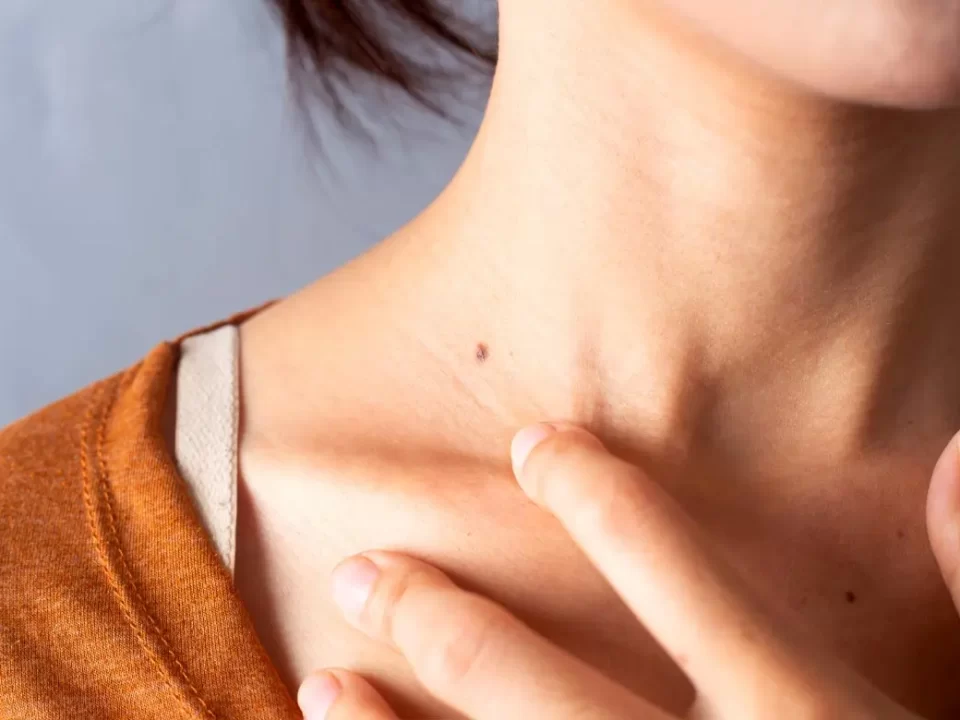
Skin Cancer Detection & Treatment centres.
Regular skin cancer checks are recommended to detect potential skin abnormalities early, allowing for prompt diagnosis and treatment, thus reducing the risk of complications and improving overall prognosis. Early detection significantly increases the chances of successful treatment and can potentially save lives.
All Skin Cancer Doctors working within Skin First Skin Cancer Clinics are highly trained and passionate about early detection and monitoring for better patient outcomes.
Find SkinFirst Clinics in the following locations
Skin Cancer Information
Skin Cancer Checks
Using expert knowledge and state-of-the-art equipment, Skin Cancer checks are perfomed for your peace of mind. Regular skin checks are essential for proactive health management.
Skin Cancer Doctors will examine the skin for abnormalities like changes in moles. Specialised tools like dermoscopes are used for early detection, improving treatment outcomes.
Basic procedures will be performed within the clinic. Treatments are personalized based on factors like cancer type and stage. Regular monitoring is crucial for successful outcomes.
Frequently Asked Questions
Skin cancer is an abnormal growth of skin cells, usually caused by exposure to ultraviolet (UV) radiation from the sun or tanning beds. There are three main types of skin cancer: basal cell carcinoma, squamous cell carcinoma, and melanoma.
The best way to protect your skin from the sun is to limit your exposure, especially during peak UV radiation hours (10 a.m. to 4 p.m.). Wear protective clothing, such as long-sleeved shirts and hats, and use a broad-spectrum sunscreen with at least SPF 50. Avoid tanning beds and seek shade whenever possible.
A skin cancer check typically takes about 10-15 minutes minutes and involves a visual examination of your skin by a skin GP using a special magnified dermatoscope. If any suspicious moles or lesions are found, a biopsy may be taken for further examination. It’s best not to wear any make up or have any zinc cream on for your skin check.
It is recommended that adults have a full-body skin check at approximately every 1-2 years depending on skin type and skin cancer or family history. Some patients have skin checks more frequently as determined by their skin cancer GP.
SkinFirst Skin Cancer specialists use a dermatoscope to identify any suspicious moles, spots, or areas of concern on the skin. Skin cancer is formally diagnosed through a surgical biopsy, where a small sample of skin is removed and examined under a microscope.
The treatment for skin cancer depends on the type and stage of the cancer. The vast majority of skin cancers are surgically removed from your skin. Other treatment options include medicated skin creams, radiation therapy, chemotherapy, and immunotherapy.
Factors that increase your risk of skin cancer include fair skin, a history of sunburns, a family history of skin cancer, and a weakened immune system.
Click on the “Make a Booking” button under the Skin Cancer Clinic location above, and visit their Individual page for details on Skin Cancer Check fees. Alternatively, call our reception team on (02) 9872 8155
Please use the “Find a Location near you” buttons on the site, or phone reception on (02) 9872 8155
Facts in numbers
As of 2024, Australia continues to have one of the highest rates of skin cancer in the world. Statistics indicate that approximately 2 in 3 Australians will be diagnosed with some form of skin cancer by the age of 70. Melanoma, the most deadly form of skin cancer, remains a significant concern, with Australia having one of the highest melanoma incidence rates globally. Despite ongoing efforts to raise awareness and promote sun protection measures, including campaigns focusing on sunscreen use and seeking shade, skin cancer remains a prevalent health issue in Australia. Regular skin cancer checks and early detection initiatives remain crucial in combating these concerning statistics.



